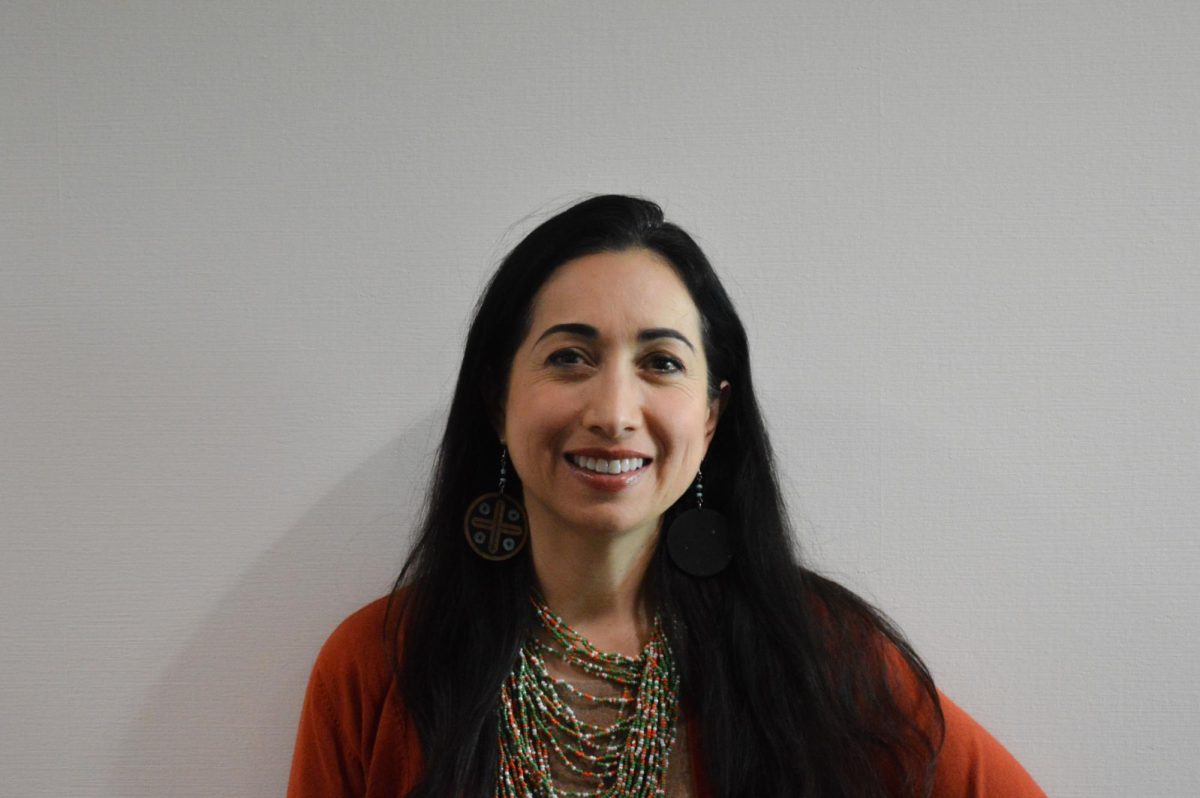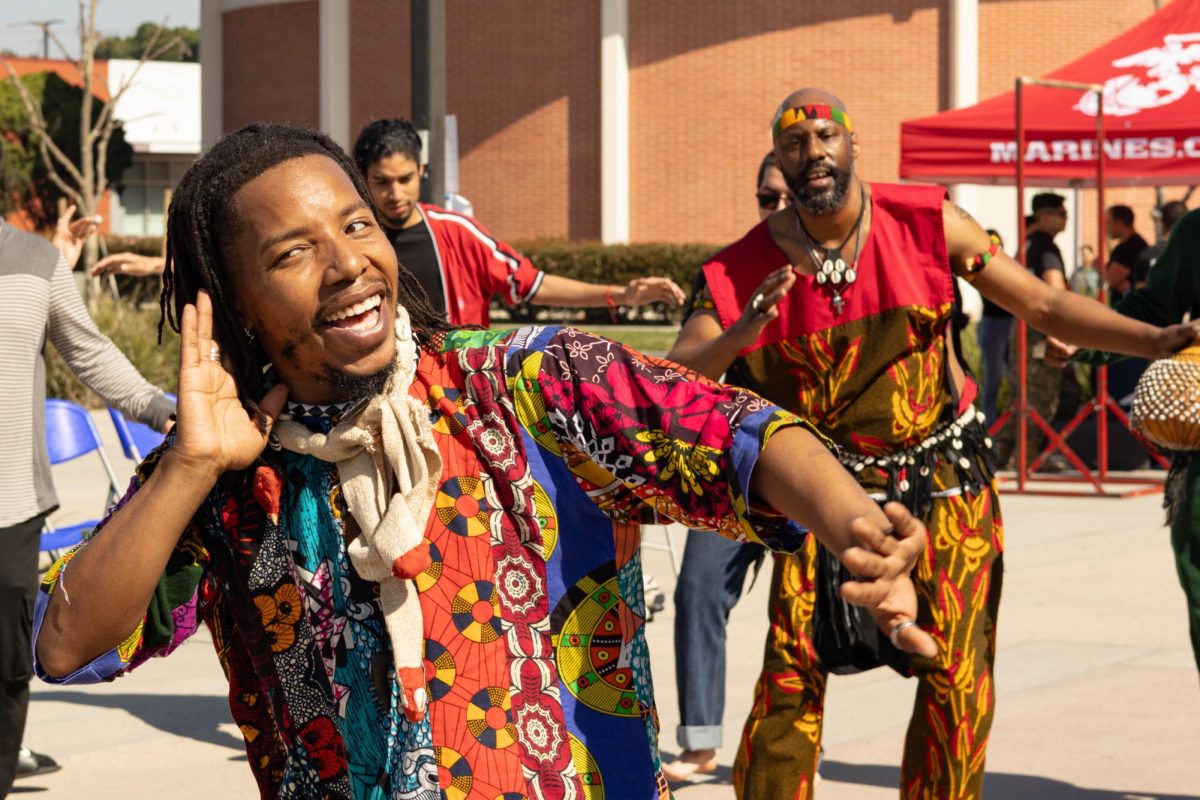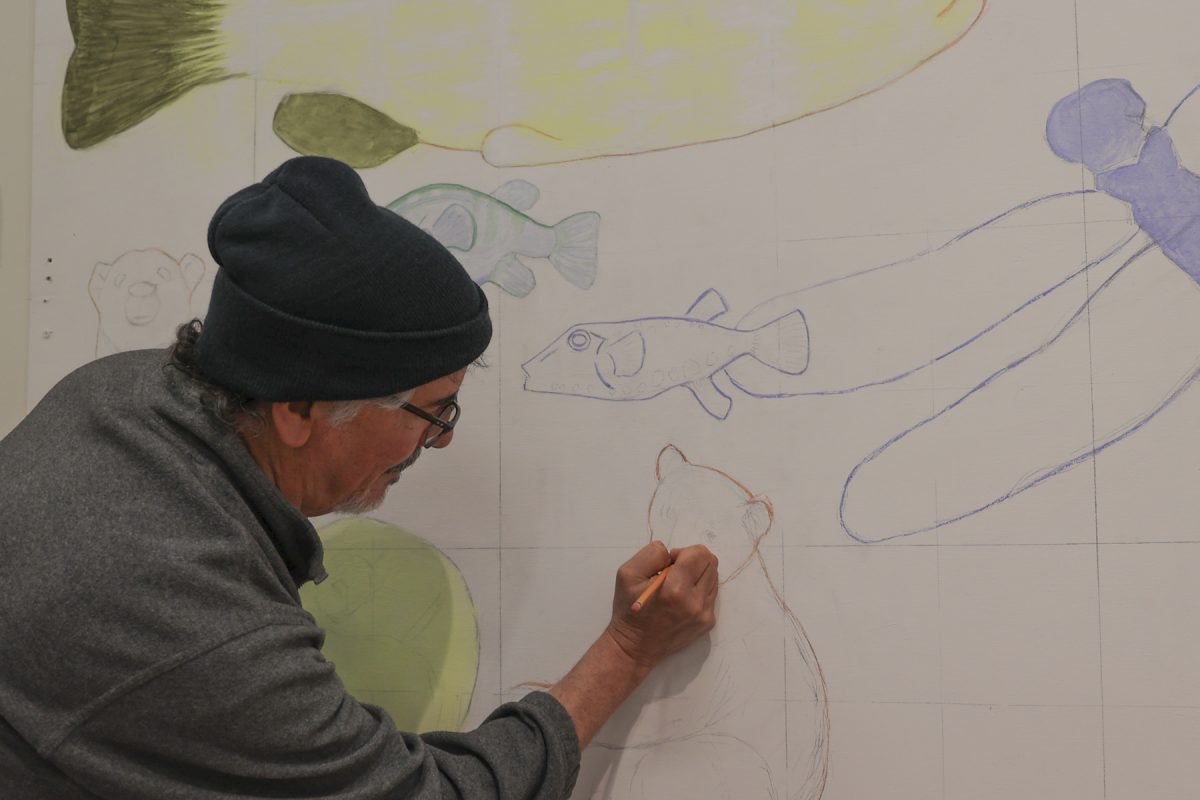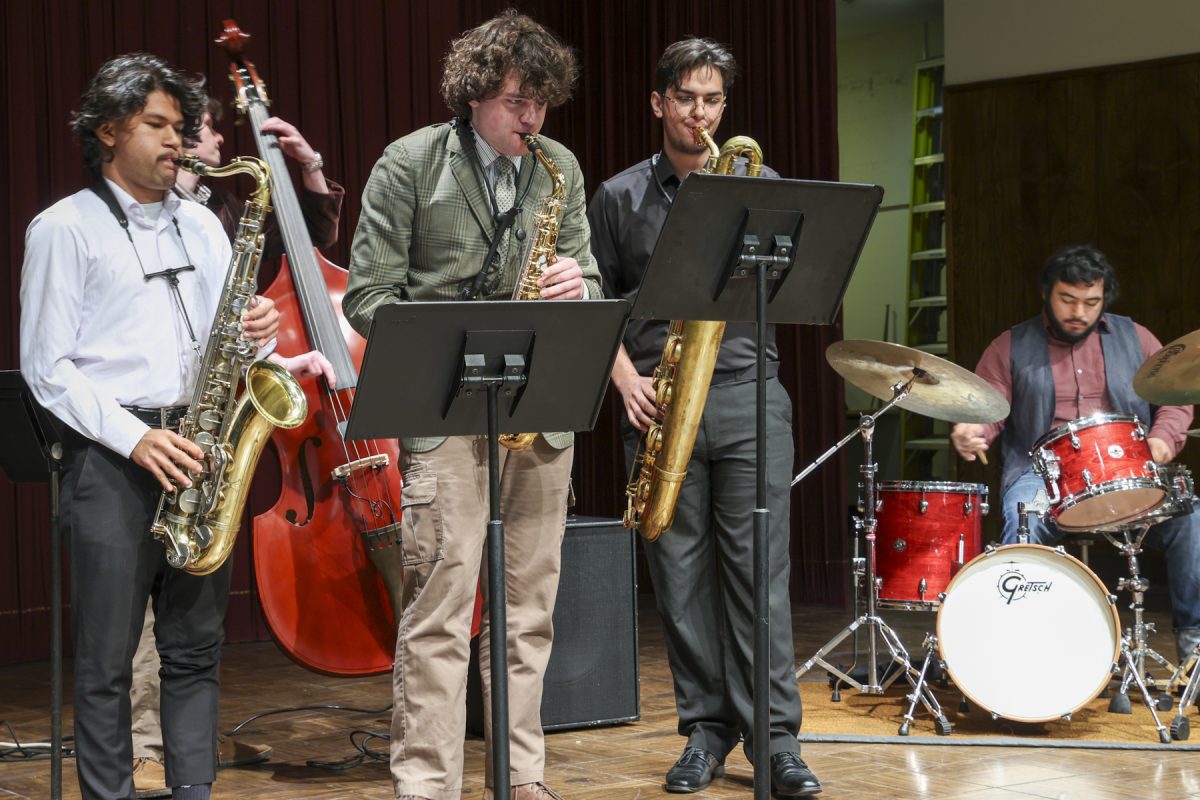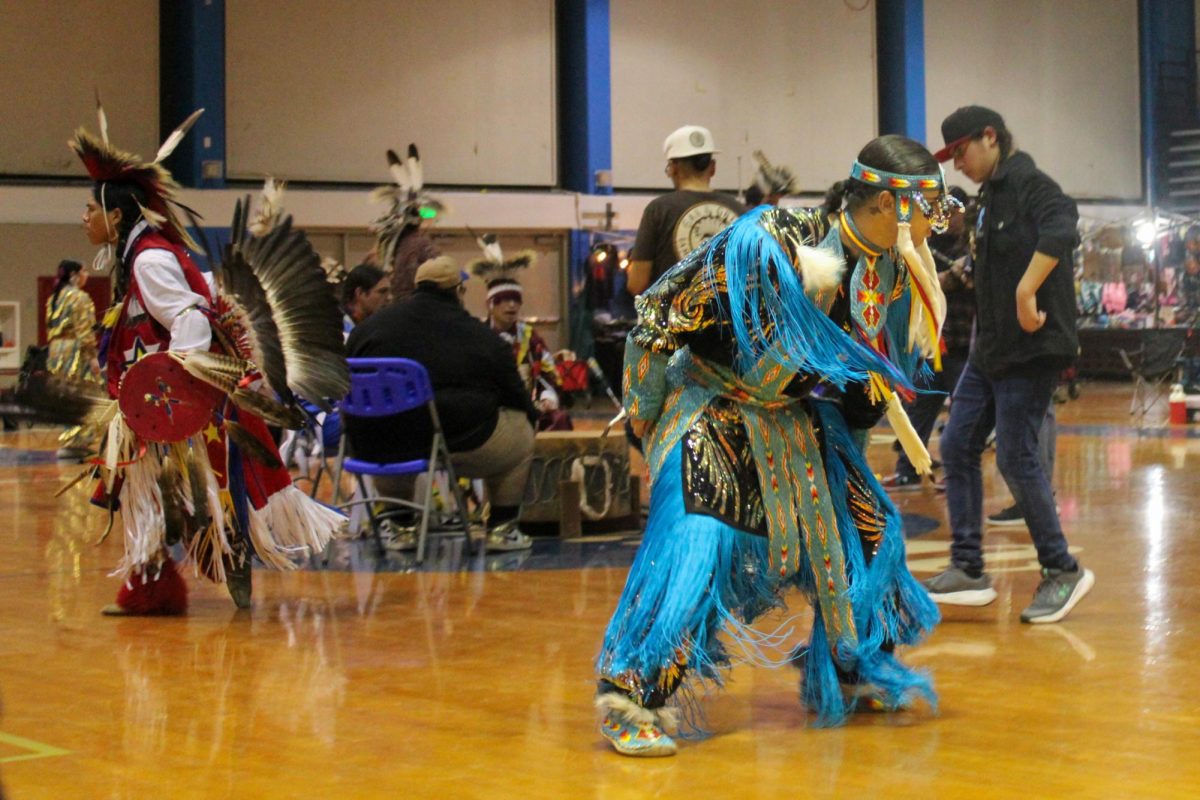Argelia Andrade, one of the six recipients of the Distinguished Women Award, is a Spanish and dance professor who has worked at El Camino College for nine years.
She is also part of the Mi Casa Committee, which is dedicated to creating a space for Hispanic students, faculty and staff on campus. Mi Casa is still in the works and will open later this semester.
Q: What is your role in the El Camino College community and what are some of your responsibilities?
A: I am a professor of Spanish, in the Humanities Division. We have already turned in the paperwork for a linguistics major and are waiting for UC articulation to be able to offer linguistics classes at El Camino College. In addition, I teach in the dance department. I am currently teaching a social Latin dance class. I hope to teach Mexican dance and/or Spanish dance there too. My goal is to expose students to as many disciplines as I can so that they have a diverse experience at El Camino College.
Q: What projects are you currently working on?
A: I am involved in several committees on campus. My most involved commitments are in my division’s curriculum committee and in our Meta-Major’s Success Team. In the classroom, I am involved in helping my [Spanish] 5 and [Spanish] 6 students put together a museum exhibit in May. This will be in conjunction with “A Celebration of Chicano Culture,” organized by Professor [Xocoyotzin] Herrera from [the] behavioral and social science [department].
Q: What are some of your goals for the future? What do you hope to achieve through the work you’re doing?
A: My goal at El Camino College is to expose students to as many disciplines as I can. The work of self-discovery (by taking a variety of classes), not all related to your major, is the work of being an undergraduate student. That is, unless you are exposed to “something,” you can’t possibly know if that “something” is what you may be interested in. Also, you never know when that “unrelated class” will help you in the future. I still reference many of my college notes as I prepare for my classes today.
Q: What is it like being a woman in your field, and how has that affected your experience as a professor?
A: The field of education is more diverse than other fields. Professorship for women has become more and more attainable over time, thanks to all those early pioneers. We still have work to do, of course. In my opinion, educators are some of the most open-hearted and open-minded people in the workforce. I have found many hiccups, like all women do, in my career. However, I have also found many allies and supporters along the way. My experience has been uplifting and positive for the most part. I can talk about the hiccups, of course, but I choose to focus on where I am today and am grateful for all the women who came before me.
Q: What does “diversity, equity and inclusion” mean to you, and how do you apply it to what you do?
A: Diversity, equity and inclusion keeps evolving for me. Today, this means using the privileges that I enjoy to make the door wider and wider for those around me as well as for those who will come after me. My most important identities are those of “woman,” “indigenous,” and “Chicana.” So, I am most able to engage in work that touches those particular communities. However, all work intersects with other communities. I hope to include as many people as I can in my work.
(This Q&A has been edited for readability.)



